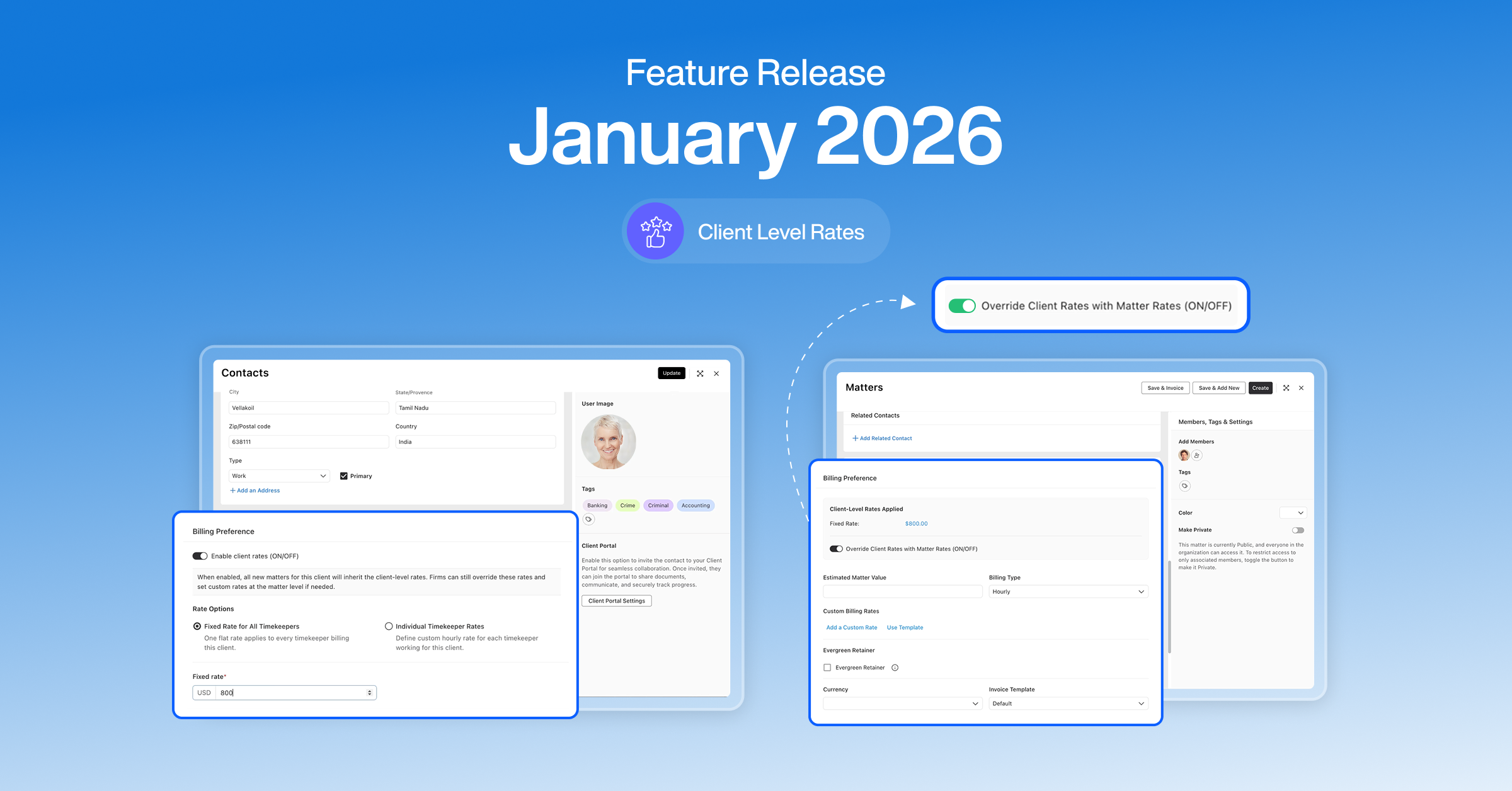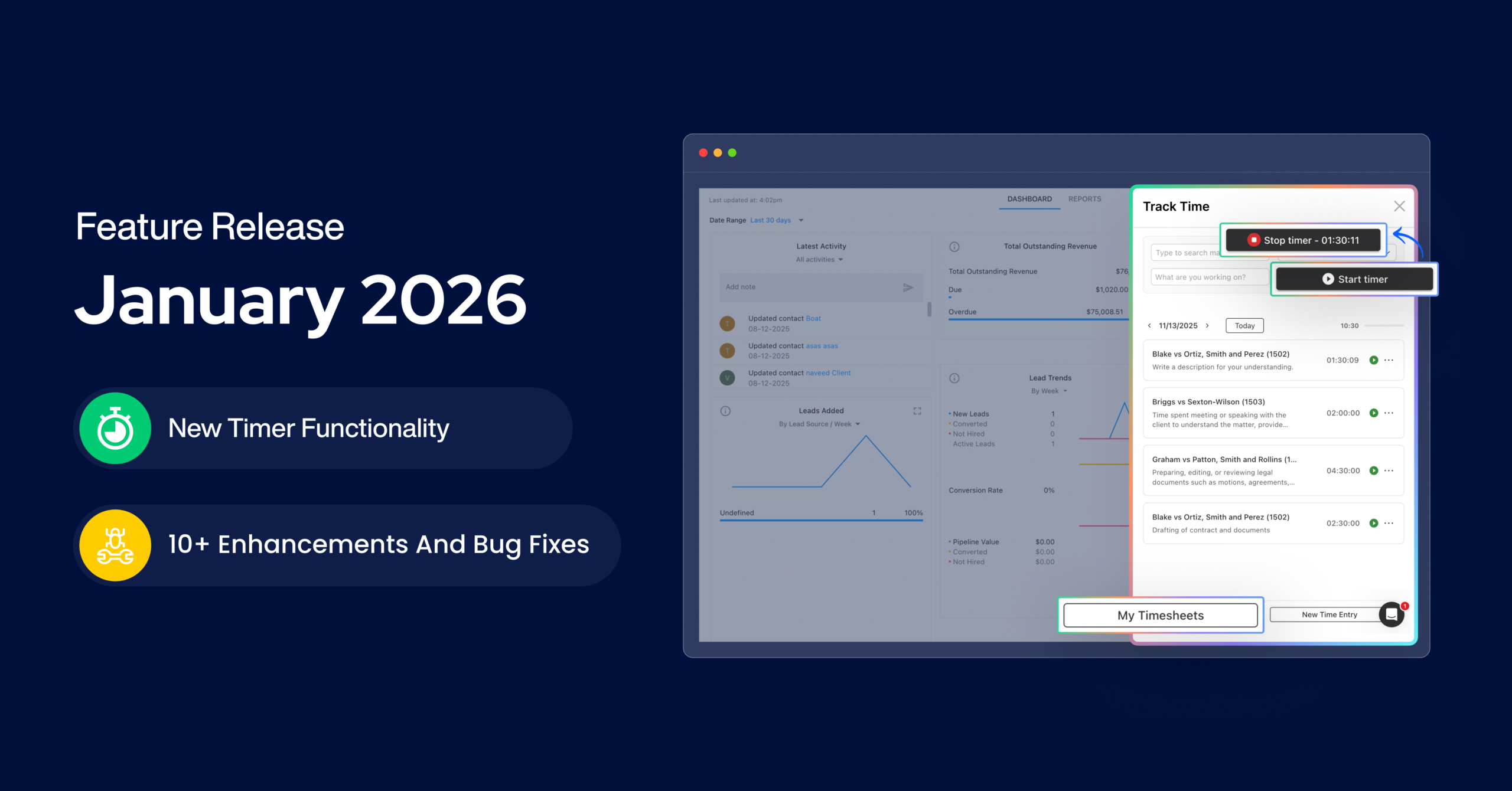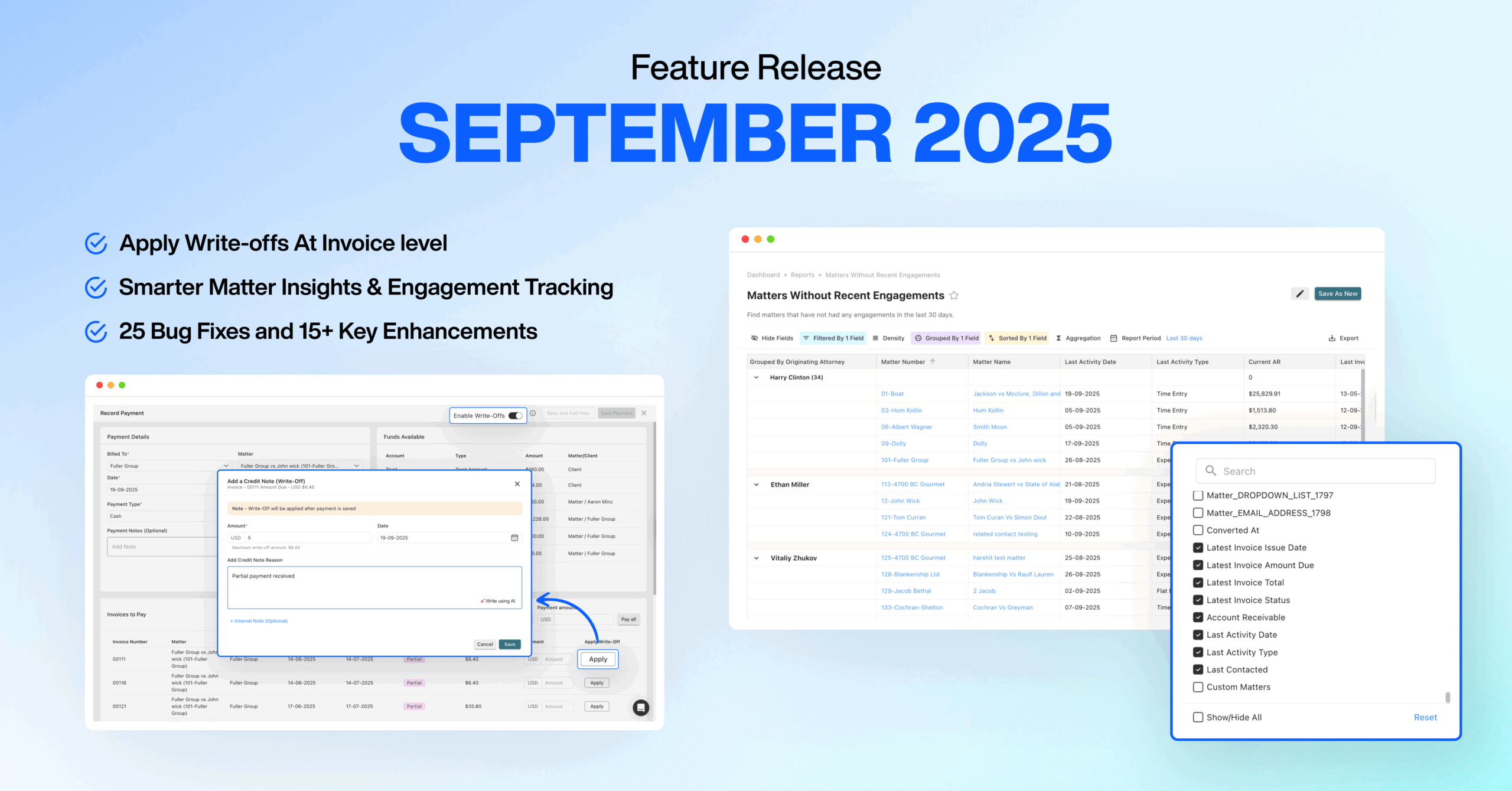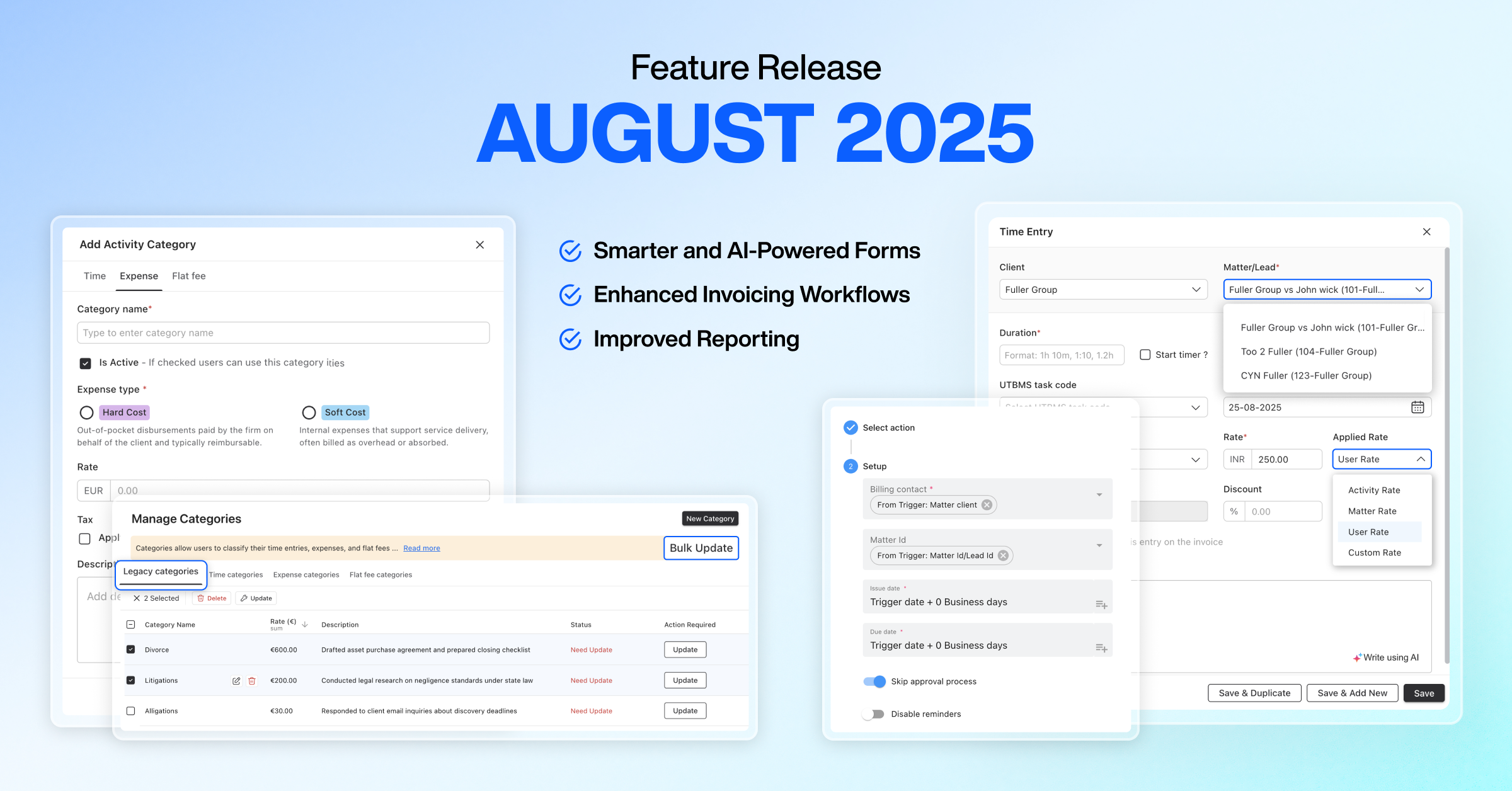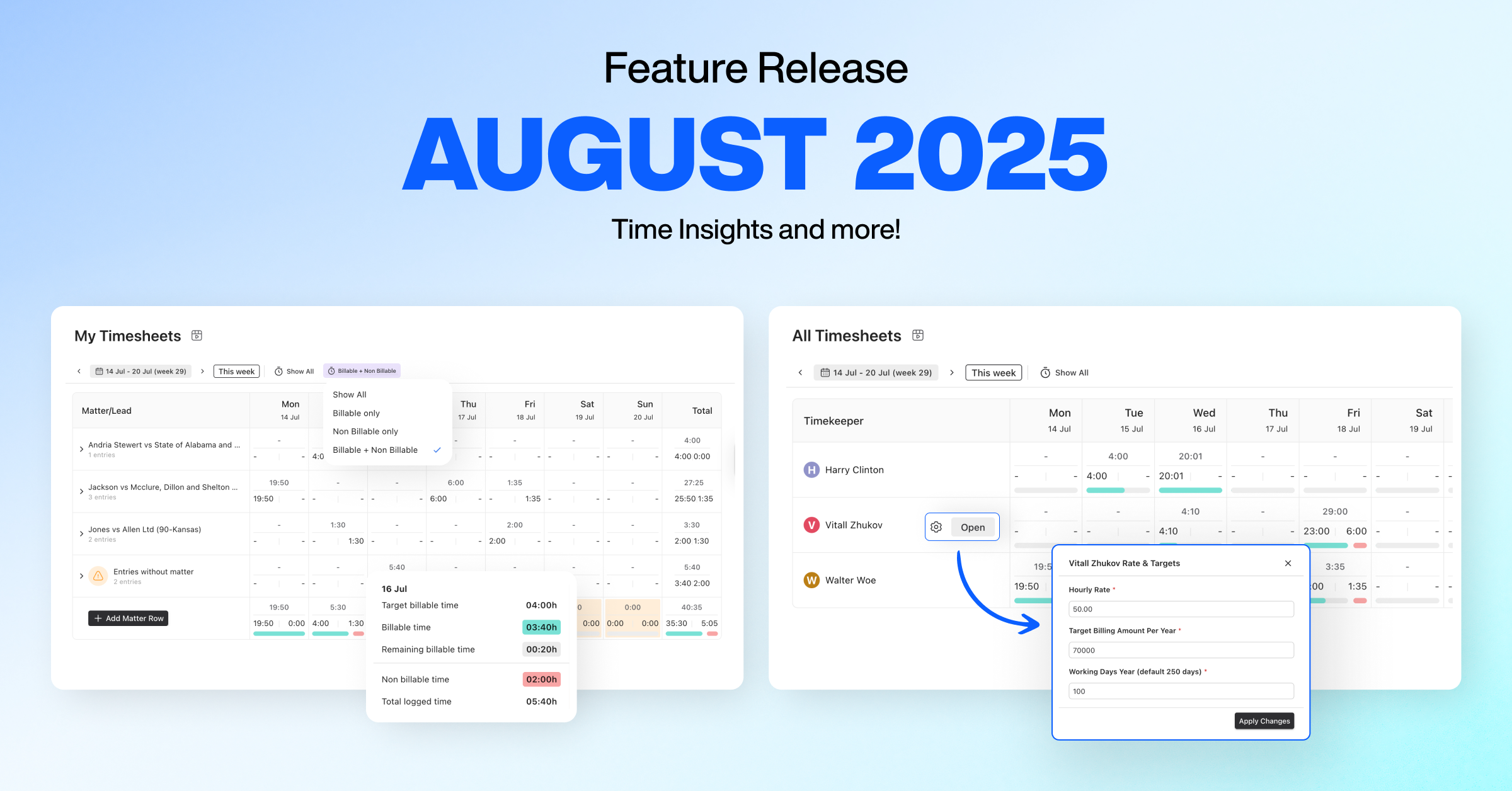Content Marketing for Lawyers: Building Trust and Visibility in the Digital Age
21st September 2023
“According to a study conducted by the American Bar Association, more than 60% of consumers seeking legal services now begin their search online. This shift in consumer behavior highlights the increasing significance of a strong online presence and compelling content marketing for lawyers.”
“According to a recent American Bar Association study, over 60% of consumers searching for legal services start their search online. This shift highlights the importance of having a robust digital presence for lawyers and law firms. Among the most effective ways to achieve this is through content marketing for lawyers, a strategy that blends trust, authority, and visibility.“
What Is Content Marketing for Lawyers?
Content marketing is a digital strategy that helps law firms attract, educate, and engage potential clients by publishing valuable and relevant information. By creating insightful legal blogs, articles, videos, case studies, and podcasts, attorneys can demonstrate expertise while answering the exact questions clients are asking online.
When executed strategically, with SEO optimization and targeted content distribution, content marketing enables law firms to appear higher in search results, generate qualified leads, and establish long-term credibility.
Why Content Marketing For Lawyers Matters?
1. Establishing Authority and Trust
A consistent content strategy positions your firm as a trusted authority in your area of practice. Potential clients tend to hire attorneys who demonstrate deep knowledge and offer valuable insights — even before the first consultation.
Publishing blogs, case studies, or explainer videos on topics like estate planning, personal injury, or employment law shows expertise and builds confidence.
2. Enhancing Search Visibility
With Google’s AI-driven search and semantic ranking models, high-quality, well-optimized content helps your website appear in top search results and AI overviews. Incorporating relevant keywords such as law firm content marketing and legal content marketing naturally throughout your site improves discoverability.
Optimized titles, structured data, and E-E-A-T (Experience, Expertise, Authority, Trustworthiness) signals also boost rankings.
3. Educating and Empowering Clients
Legal issues can be intimidating. Through educational content, lawyers can break down complex laws, explain rights, and guide clients through legal processes. This not only informs readers but also fosters trust — people are more likely to contact a firm that simplifies legal jargon into actionable advice.
4. Building Long-Term Relationships
Not every reader is ready to hire a lawyer today. Content marketing keeps your firm top of mind over time. Regular updates through blogs, newsletters, or podcasts maintain engagement and increase the chance of converting a visitor into a client later.
Types Of Legal Content That Drive Results
There are a lot of ways to succeed at content marketing for lawyers, especially when you consider that there are more than 100 types of content (like infographics, landing pages, tutorials, videos, and more). What do these different kinds of material all have in common? They all serve a purpose and are crafted in a specific manner.
Content marketing for lawyers doesn’t just have to involve writing blog posts. In fact, the best way to keep people interested is to try out different kinds of material and see what works best with your audience. Here are a few examples of the types of content you can use to market your practice:
Blog Posts and Articles
One of the most popular types of law firm content marketing is blog posts and articles. They are a great way to share your knowledge and ideas with the people you want to reach. You can write about legal subjects, news in your field, or your own life in general. This is because they are one of the easier ways to show off what you know about a subject related to your field. Most blog posts are written to answer questions like “what,” “why,” and “how.”
Blog posts and articles can also help with SEO, which stands for “search engine optimization.” A well-optimized blog post can make your website appear as a reliable source of information for similar questions. With a website that does well on search engines, you can get more leads and increase the number of people who buy from you.
Lawyers can write about legal topics relevant to their practice areas, offer explanations of recent legal developments, provide answers to common legal questions, and offer practical tips and advice. Say that most of the services your law company offers are connected to medical law. The best kind of posts would be ones that answer questions about personal injury cases, medical malpractice, or carelessness. By explaining complex concepts to the general public that aren’t commonly known, you can build trust with your clients and enhance the quality of your services.
Videos
Videos are a great way to capture people’s interest and showcase who you are. You can use them to discuss legal ideas, share client testimonials, or show how your law firm works.
Video content is highly shareable on social media platforms. Leverage platforms like YouTube, Facebook, and LinkedIn to reach a broader audience and engage with potential clients. Posting videos on platforms like YouTube, TikTok, Vimeo, or a lawyer’s website can reach a broader audience. Adding subtitles can improve accessibility and SEO. Embedding videos on your website can also enhance user experience and retention.
Videos can include explainer videos, client testimonials, interviews with experts, or even vlogs discussing legal trends and news. The length of a video should match its content and purpose. Short videos (2-5 minutes) tend to perform better for educational content, while in-depth discussions or webinars can be longer.
Some legal topics and processes are easier to explain visually. For instance, estate planning may benefit from visual representations of wills, trusts, and asset distribution. Videos can simplify complex legal matters and make them more understandable to laypeople.
Email Newsletters
Email newsletters are a valuable tool for legal marketing and communication, serving several purposes. Lawyers can use platforms like Sendy, Mailchimp, Autopilot or even use a cloud-based legal practice management software for that matter.
Newsletters include links to recent articles, legal news, event invitations, and personalized messages from the lawyer. Newsletters can contain a variety of information, including legal insights, updates on recent legal developments, law firm news, event invitations, and relevant blog articles. They provide a comprehensive overview of what’s happening in the legal world and how it may affect the audience.
For existing clients, newsletters reinforce your relationship by providing ongoing value and demonstrating your commitment to their well-being. This can lead to repeat business and referrals.
Email Newsletter Best Practices:
Establish a regular schedule for sending newsletters, whether it’s weekly, biweekly, or monthly. Consistency helps build anticipation among subscribers. Over time, subscribers become familiar with your firm’s values, services, and unique selling points. Share valuable, well-researched, and accurate content to maintain subscribers’ trust. Familiarize yourself with your jurisdiction’s email marketing laws and regulations, including data protection and privacy laws. Encourage feedback and engagement from subscribers, such as replies, comments, or social media shares. Respond promptly to inquiries.
Podcasts, Webinars, and Live Streams
Webinars, live streams, and podcasts serve as powerful tools for lawyers and law firms to engage, educate, and connect with their audience, with statistics highlighting their effectiveness in generating leads, building trust, and expanding brand recognition in the digital age.
Here’s some information for a more comprehensive explanation:
Webinars
Short for “web seminars,” they are live online presentations or workshops that offer a unique blend of interactivity and in-depth content. Through webinars, lawyers can establish two-way communication, enabling participants to ask questions, engage in live chat discussions, and participate in polls. You can conduct educational webinars to inform the public or clients about legal matters, legislative changes, or specific areas of practice. Legal workshops can guide participants through intricate legal processes or offer DIY legal advice. Moreover, webinars can even serve as a platform for initial client consultations, offering a convenient and remote means to seek legal guidance.
Live streams
These broadcasts of real-time video content are particularly popular on social media platforms. Live streams enable lawyers to connect with their audience as events unfold, fostering an immediate and interactive experience. Viewers can comment, ask questions, and react in real-time, allowing lawyers to address inquiries and concerns on the spot. Live streams also enjoy high visibility, reaching a broad audience, especially on platforms like Facebook, YouTube, and Instagram.
Lawyers use live streams in various capacities, such as hosting live Q&A sessions to address legal queries in real-time, providing instant legal updates on breaking news or recent court decisions, and even live-streaming events like seminars, conferences, or community outreach activities, extending their reach beyond in-person attendees.
Podcasts
Podcasts cover a broad spectrum of legal topics, offer a distinct advantage due to their accessibility and convenience. Unlike webinars and live streams, podcasts are consumed on demand, allowing listeners to access content at their convenience. Consistent podcasting can establish lawyers as trusted sources of legal information and authorities in their respective fields. They are highly portable and can be listened to during commutes, workouts, or other activities, providing a convenient way to consume legal content.
Tip: When strategically integrated, these three formats: webinars, live streams, and podcasts, can create synergy and amplify their impact. Lawyers can promote upcoming webinars and live streams through podcasts, increasing attendance and engagement. Furthermore, the content from webinars and live streams can be repurposed into podcast episodes, extending the lifespan of valuable content. Podcast listeners can be encouraged to attend webinars or participate in live streams, fostering a sense of community and loyalty.
Case Studies and Testimonials
Case Studies:
Real success stories help build emotional credibility and trust.
- Case studies illustrate how you’ve solved client challenges.
- Testimonials provide social proof and influence hiring decisions.
Stats to note:
Displaying reviews can increase conversion rates by 270% (Spiegel Research Center).
73% of marketers use case studies for lead generation (Content Marketing Institute).
Tips and Best Practices
- Case studies are ideal for law firm websites, particularly in dedicated case study sections.
- They can be shared on social media, email newsletters, or legal publications to showcase expertise.
- Case studies can be valuable for presentations or pitches to potential clients, demonstrating real-world success stories.
- Testimonials can be prominently featured on a lawyer’s website, often on the homepage or dedicated testimonials page.
- They can be used in marketing materials, including brochures, flyers, and business cards.
- Incorporate testimonials in email signatures to consistently reinforce trust when communicating with clients and prospects.
Best Practices for Law Firm Content Marketing
- Focus on E-E-A-T – Demonstrate Experience, Expertise, Authority, and Trustworthiness.
- Use Local SEO – Include your city or region (e.g., content marketing for lawyers in Chicago).
- Repurpose Content – Turn blog posts into short videos, social posts, or infographics.
- Track Performance – Use Google Search Console and Ahrefs to monitor ranking progress.
- Avoid Legal Jargon – Write in simple, client-friendly language.
- Stay Compliant – Adhere to bar advertising rules and privacy regulations.
Conclusion
In today’s digital-first legal landscape, content marketing for lawyers isn’t optional — it’s essential. From SEO-optimized blog posts to educational videos and client success stories, content is what connects your expertise to people actively seeking legal help. Law firms that consistently invest in valuable, optimized content don’t just gain visibility — they build enduring trust and long-term client relationships.


 Wisetime
Wisetime 


